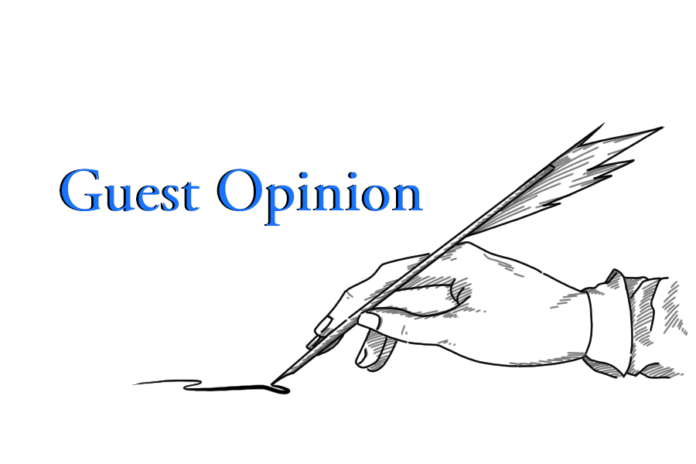A police officer and licensed attorney argues that Professor Clover’s words aren’t as protected as the university has made them out to be
UC Davis Professor Joshua Clover, who specializes in Marxism, recently came under fire for his comments advocating for violence against police officers. As someone who has spent over a decade-and-a half wearing a uniform, these comments don’t surprise me. While they are disgusting and inappropriate, especially coming from a “respected academic,” they are in fact Constitutionally-protected speech. Just because speech is protected, however, doesn’t mean it is without ramifications.
Predictably, the UC Davis administration has condemned the professor’s remarks. And also predictability, the administration has said that “public statements [such as these]… are accorded a high level of protection under the First Amendment.” With the explosion of social media, it seems as though every week a college administration is issuing statements about a professor’s First Amendment rights. It might make good sense, then, that college administrators be provided with a brief Constitutional law lesson. As I am a street cop and not a law professor, I’ll try to do my best here.
The First Amendment restricts the ability of Congress to make a law abridging the freedom of speech. By way of the 14th Amendment, the First Amendment applies to state governments.
Generally, private employees are not protected from discipline from their employers for their speech. Public employees, such as public university professors, are placed into a special category and do receive some First Amendment protection with respect to their employers. However, according to a 2006 Supreme Court decision, to receive this protection, the employee must satisfy a three-prong test to determine if the speech is in fact protected.
First, government employees must be speaking as private citizens. Second, the government employee must be speaking on a matter of public concern. And third, one must weigh whether the government employer’s interest in efficiently fulfilling its public services is greater than the employee’s interest in speaking freely.
The first two prongs of the Supreme Court decision seem to have been met here. Number one, Professor Clover’s remarks were on his private Twitter account (even if he is identified as a UC Davis professor); and secondly, no one would argue that any matter with the police is not a matter of public concern. However, it is the third prong where this test seems to fail.
As a state university, UC Davis has an interest in providing education to all citizens of California, which includes the family of 1,646 California peace officers who died in the line of duty while protecting the citizens of California. Professor Clover’s interest in making comments advocating for violence against police officers could not possibly outweigh UC Davis’ mission to fairly and impartially provide higher education. In fact, other than passing on his hate message, I can’t really fathom what interest Professor Clover has in making those comments.
Earlier last year, a City University of New York professor, Michael Isaacson, had his employment terminated after he made similar comments about the police. If the UC Davis administration does not want to take action against Professor Clover, that is their prerogative and right. But to claim that they can’t by hiding behind the skirts of the First Amendment is a slap in the face of the men and women in uniform at home and abroad, who have sworn to uphold the Constitution, often times with their lives.
Written by: Ari L. Maas
The writer is a police officer with 16 years of experience who currently resides in Nanuet, New York. He holds a B.S. in Civil Engineering from Rutgers University, a J.D. from New York Law School and a Master of Public Policy from Princeton University’s Woodrow Wilson School. He is a licensed attorney in both New York and New Jersey.
To submit a letter to the editor, please email opinion@theaggie.org.










Nice work. Ari Mass is correct